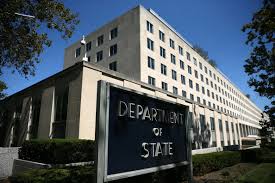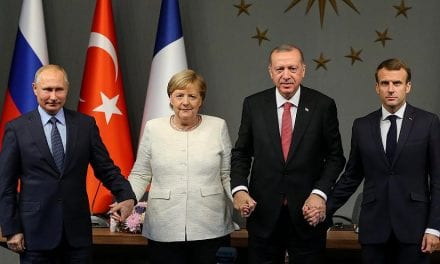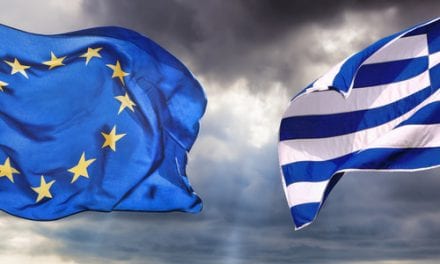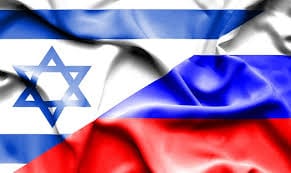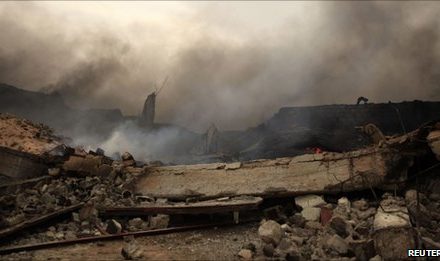By Patrick Goodenough, CNSNews.com
State Department spokesman John Kirby on Monday declined to take up a challenge by an angry Turkish president for the U.S. to choose sides between Turkey and a key Kurdish group fighting in Syria, which Turkey views as a terrorist organization.
He described Turkey as an “ally,” a “friend” and a “partner” in the fight against Islamic State of Iraq and Syria (ISIS/ISIL).
But he also reiterated that the U.S. does not view the Kurdish group in Erdogan’s crosshairs, the Kurdish Democratic Union (PYD), as a terrorist organization.
“We don’t, as you know, recognize the PYD as a terrorist organization,” Kirby said. “We recognize that the Turks do, and I understand that.”
“How do you manage a situation where your one ally considers your other ally a terrorist?” a reporter asked.
“We’ve been managing this particular issue for quite some time,” Kirby replied.
“Even the best of friends aren’t going to agree on everything. Kurdish fighters have been some of the most successful in going after Da’esh [ISIS] inside Syria. We have provided a measure of support, mostly through the air, and that support will continue.”
Kirby would not be drawn when asked who was more helpful in the fight against ISIS – Turkey or the Kurdish fighters.
“Everybody who has taken the fight to Da’esh is helpful in their own way,” he said.
Turkish President Recep Tayyip Erdogan said in comments published on Sunday that the U.S. must choose between Turkey and the PYD.
He responded heatedly to a recent visit to the PYD-controlled Syrian town of Kobane by Brett McGurk, the administration’s special envoy for the coalition against ISIS.
“How can we trust you?” Erdogan asked. “Is it me that is your partner or is it the terrorists in Kobane?”
Turkey views the PYD and its YPG armed wing as terrorists due to their affiliation to the Kurdistan Workers Party (PKK), a group that has waged a separatist struggle in south-eastern Turkey for three decades.
Although the PKK is a U.S.-designated foreign terrorist organization, the State Department disagrees with Turkey over the status of the PYD, arguing that it is an effective force in the campaign against ISIS.
U.S. airstrikes helped PYD/YPG forces end an ISIS siege of Kobane a year ago, in one of most important successes against the jihadist group. McGurk’s visit was timed to mark the anniversary of that victory.
Turkey is leery of Kurds’ advances in Syria, believing that Kurdish autonomy in northern Syria will boost separatism among fellow Kurds inside Turkey.
Kirby said the U.S. recognizes that the situation in Syria is “a complicated struggle.”
He expressed understanding of Turkey’s concerns.
“This isn’t a theoretical thing for them. This isn’t some far-off, distant conflict,” he said. “It’s right there, on their border, in their backyard and they’re being affected by it literally every single day.”
At Turkey’s insistence, the PYD was not invited to U.N.-convened talks in Geneva last week aimed at finding a political solution to the Syrian conflict. The talks floundered and have been suspended until February 25.

